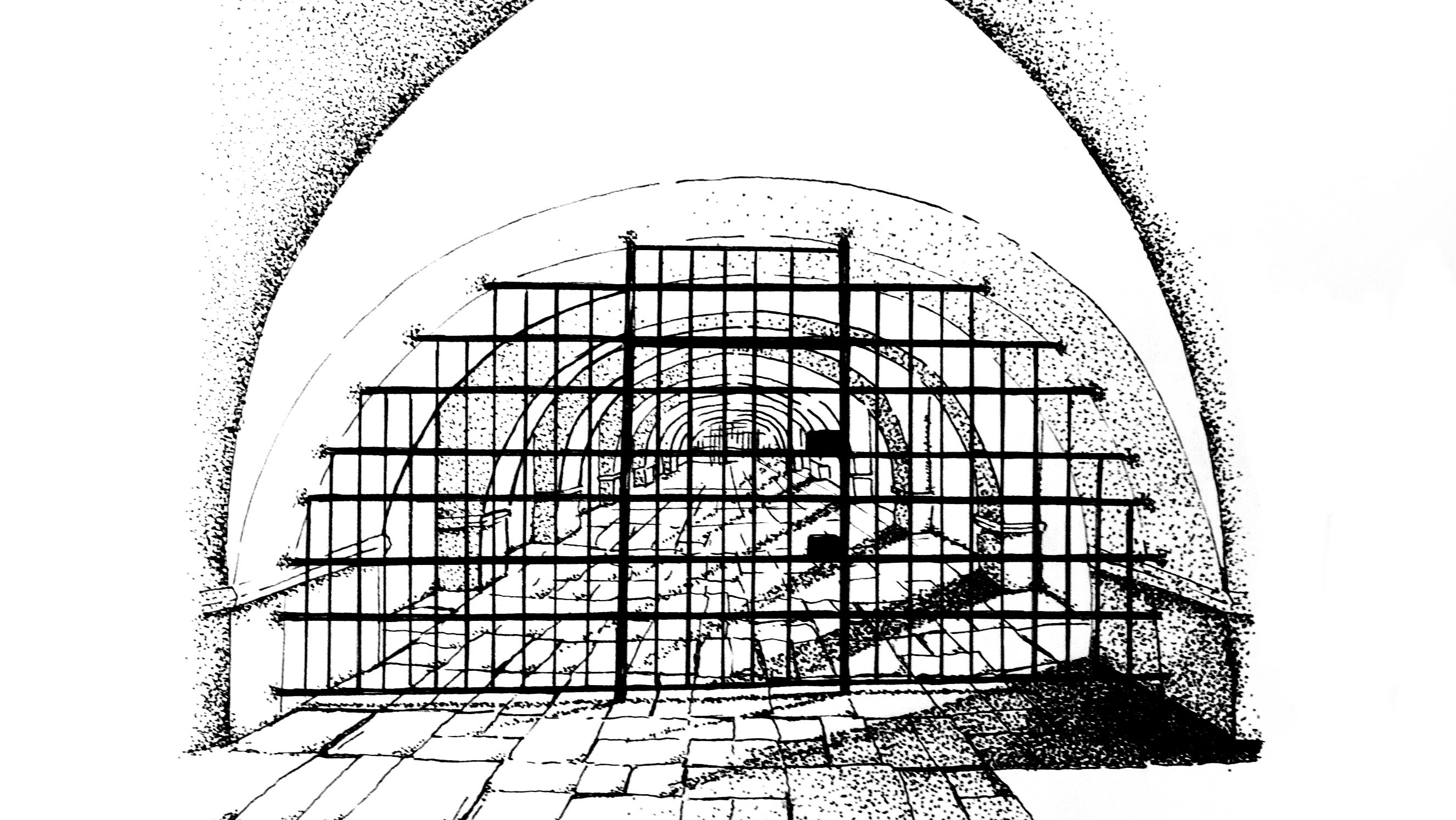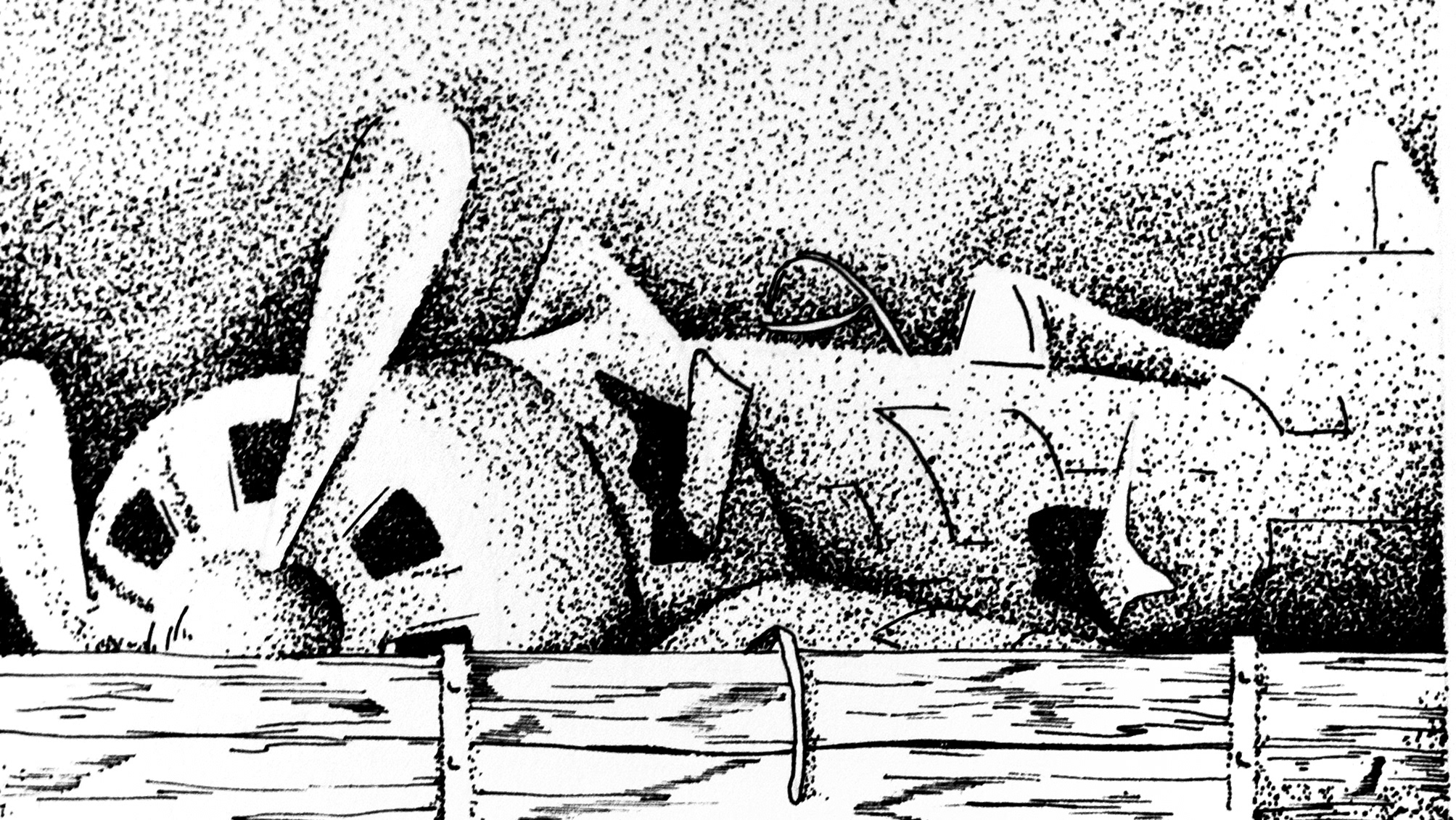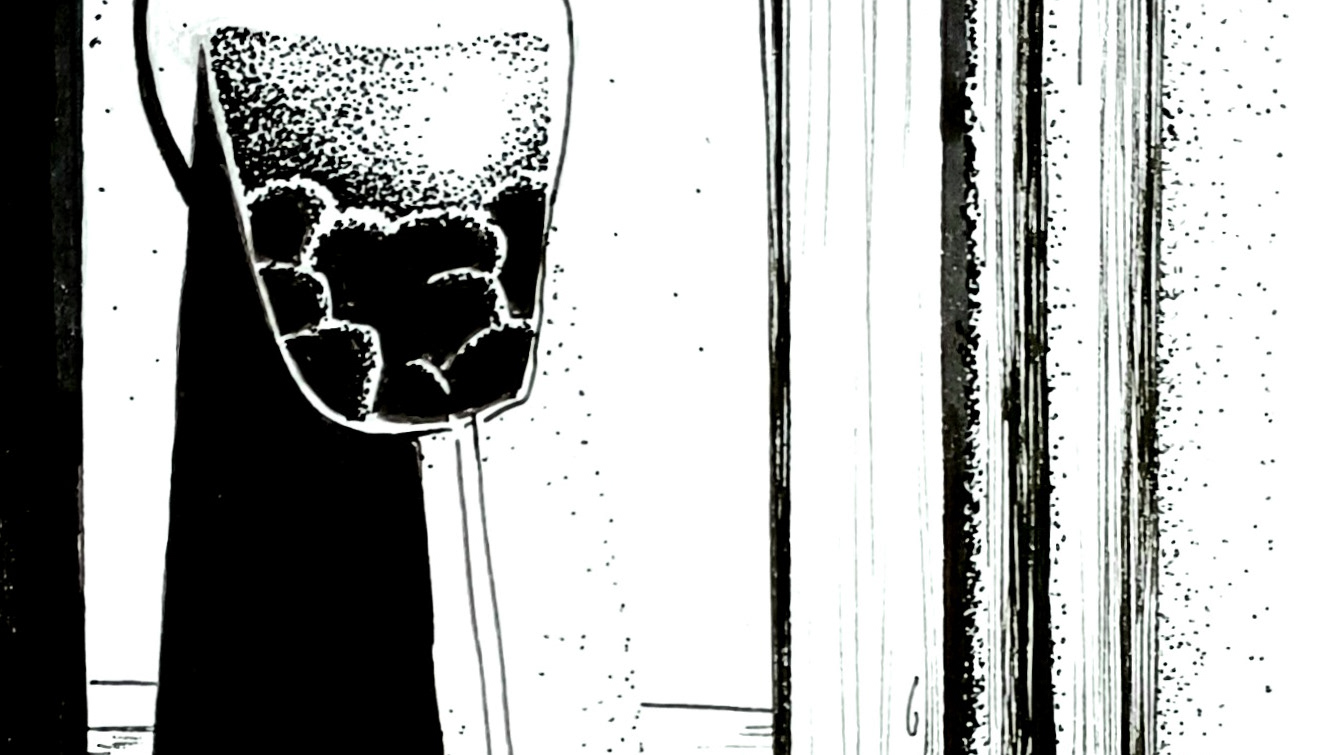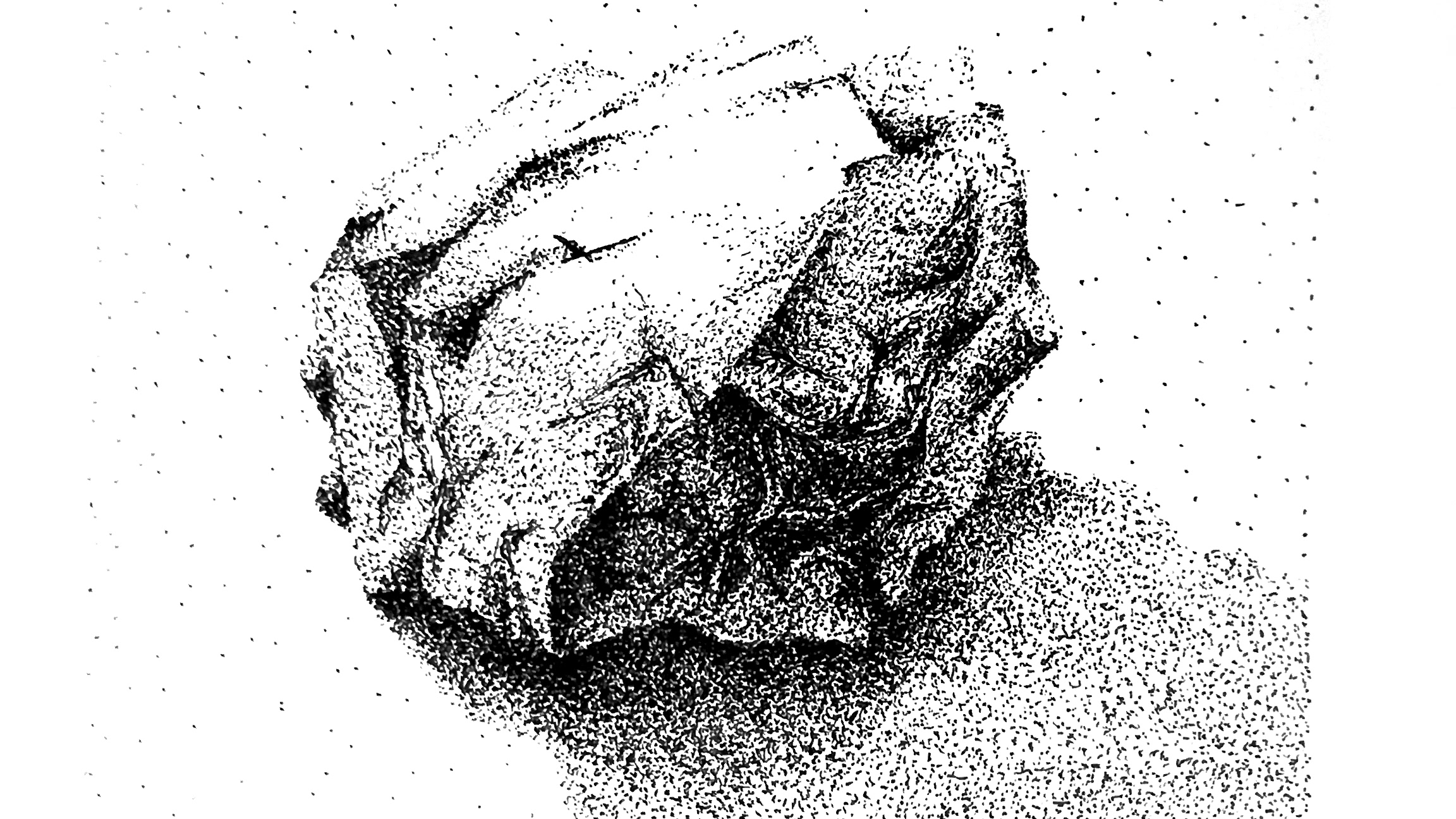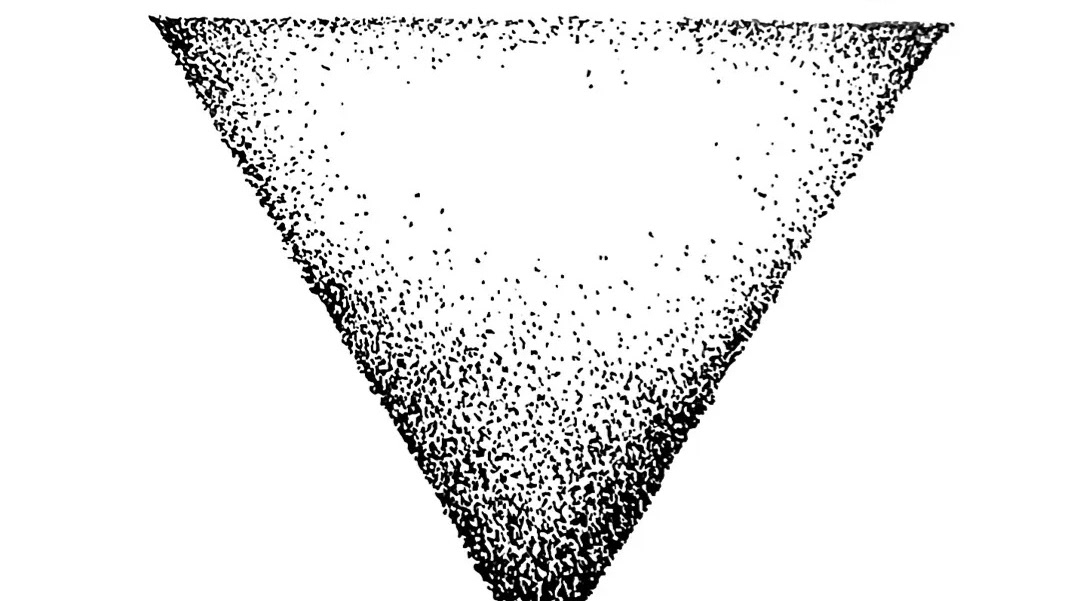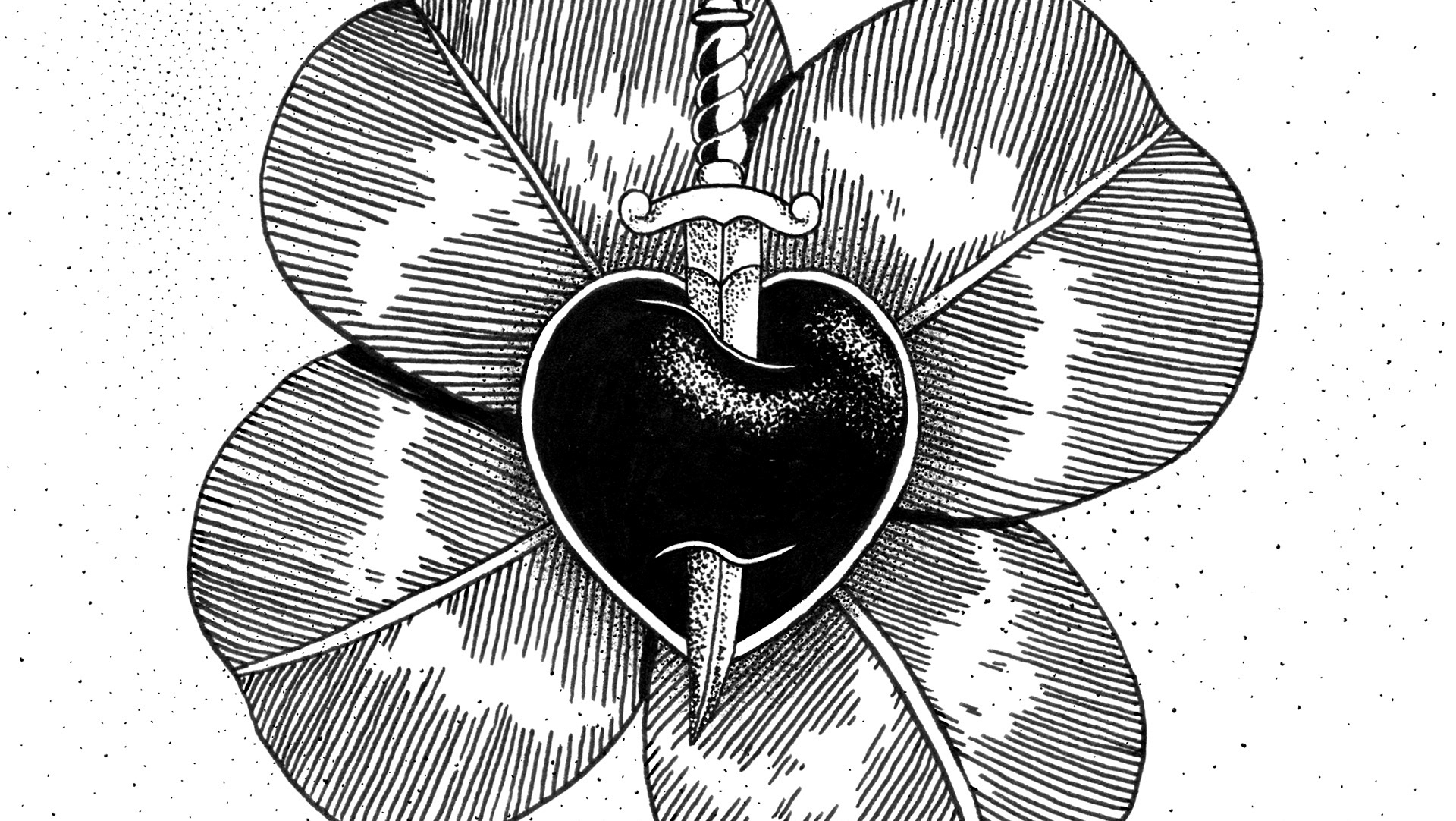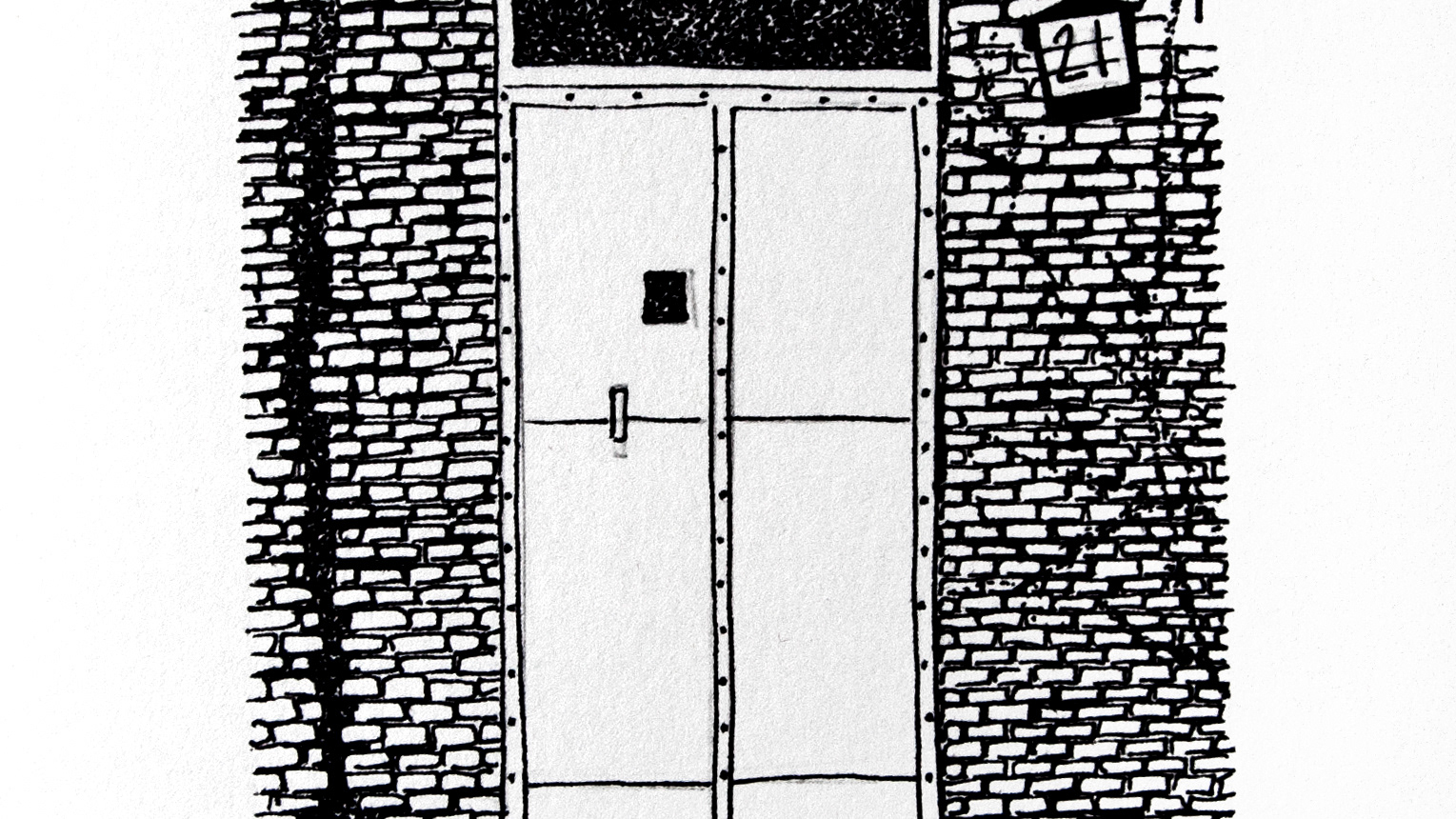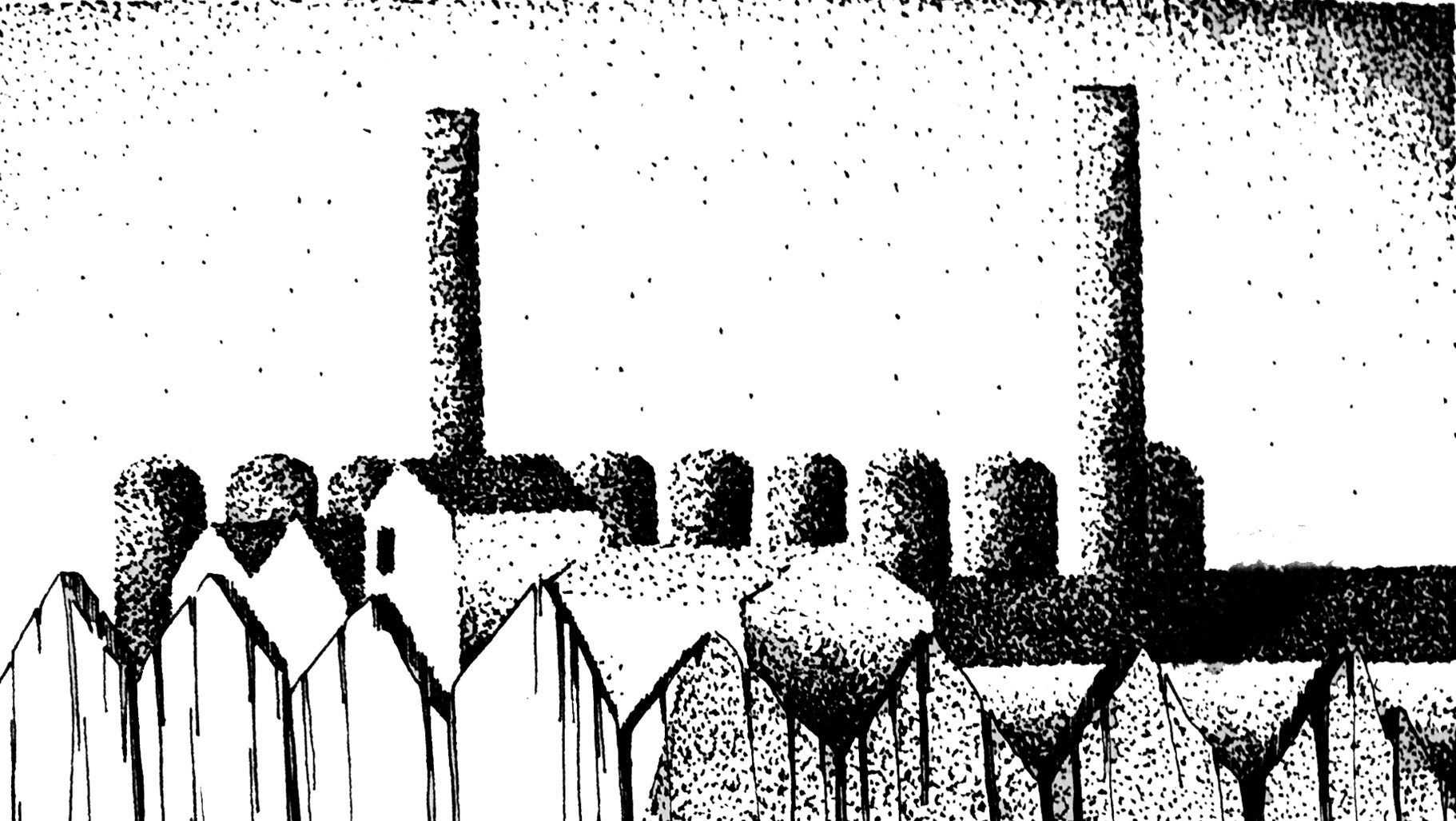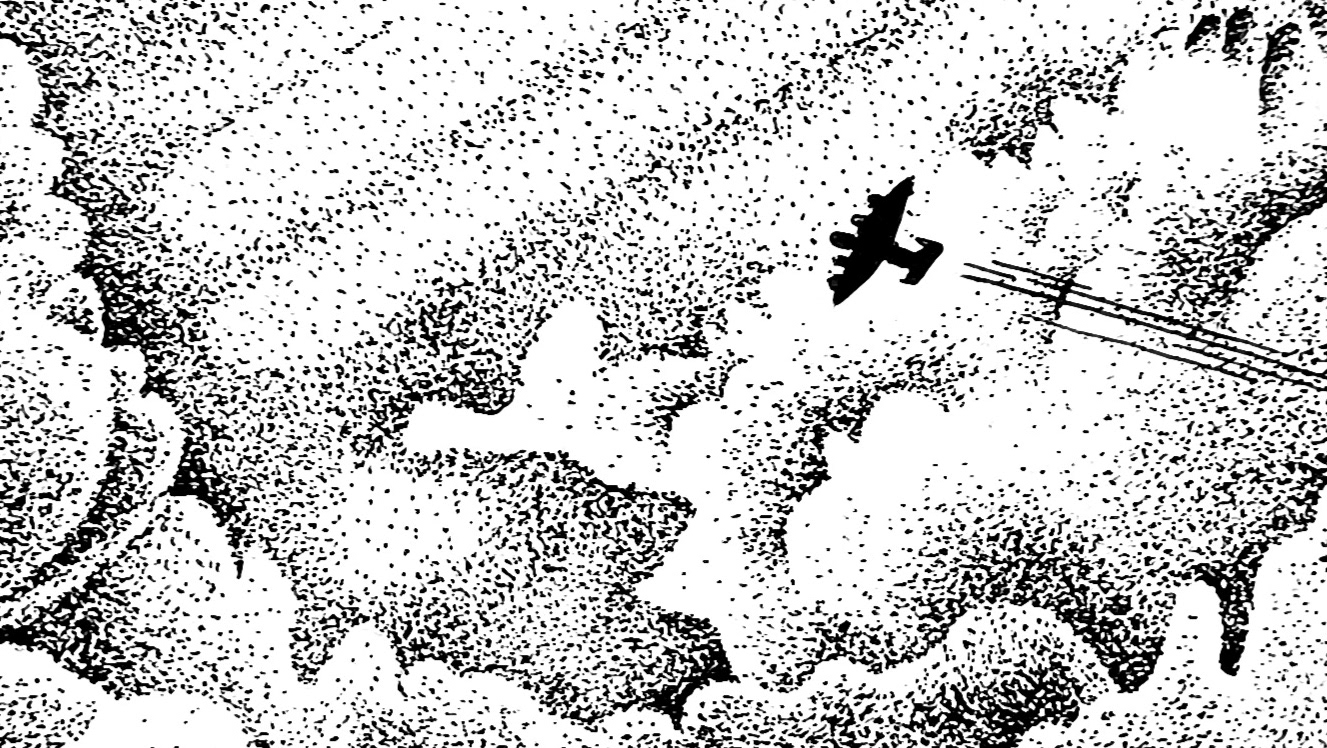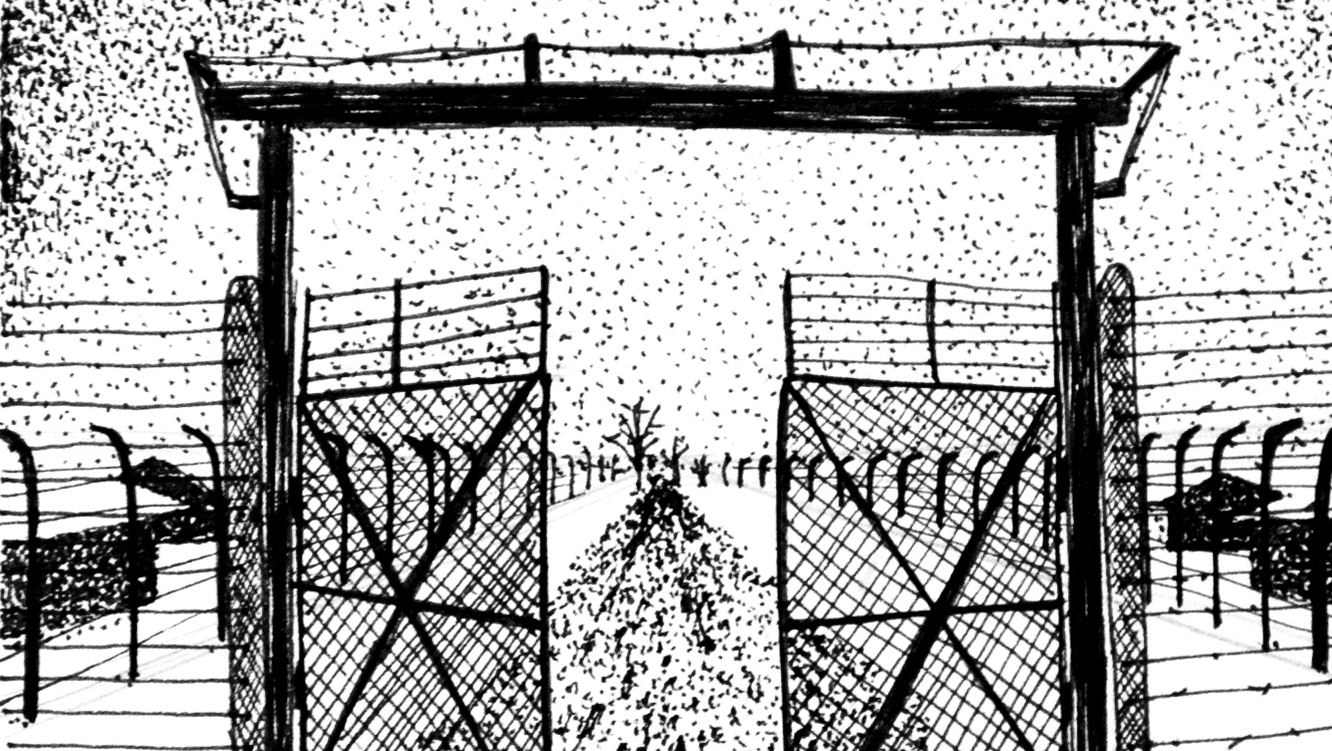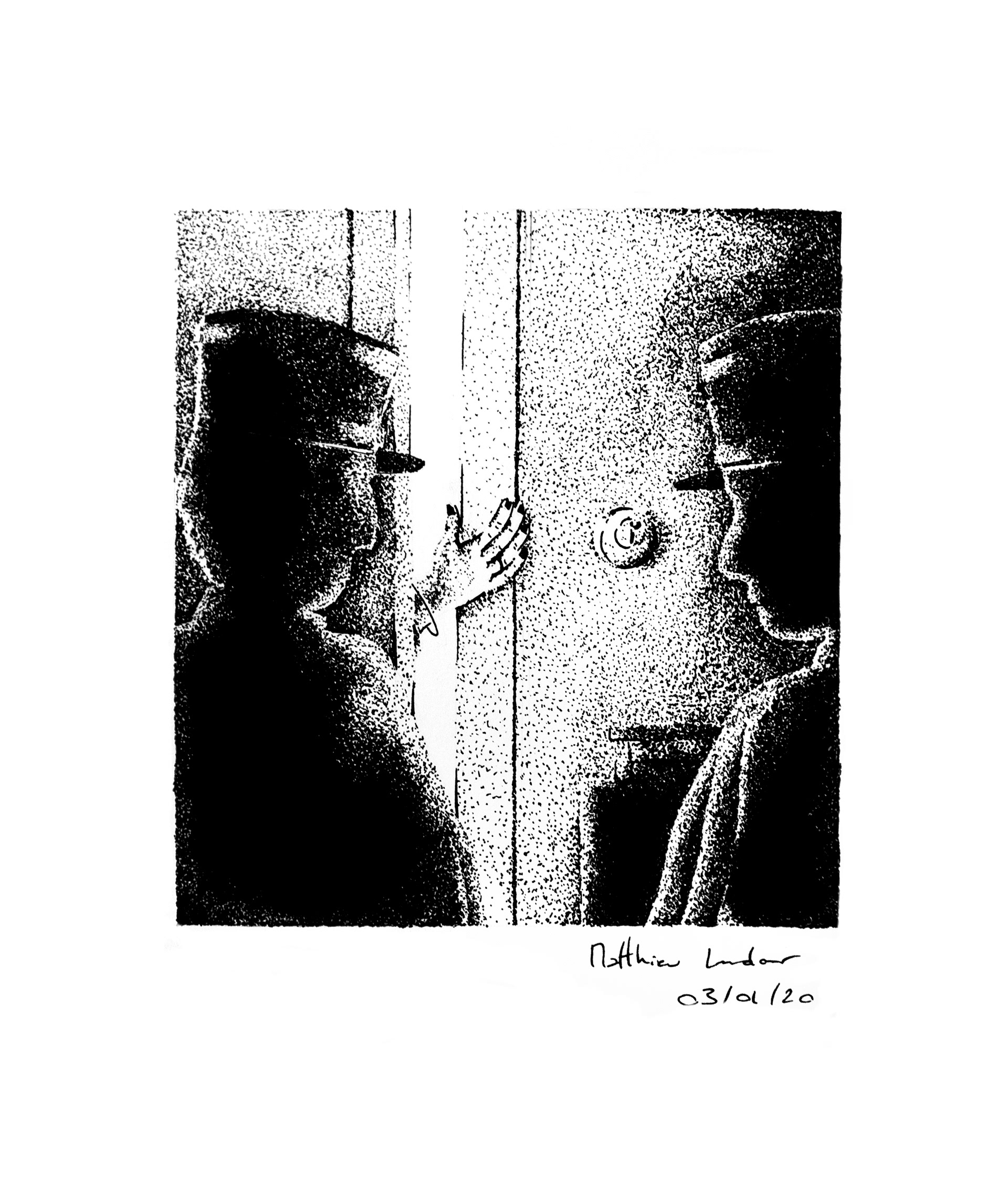
looking for the switch
Today is a day in March 1943, and Henriette Schmidt doesn't have the energy to survive. Death takes even those with the strongest will.
Back in 1935, Henriette was a 23 years old french woman, a communist within a communist family. As a respected member of the party’s youth, she was sent in Moscow for 2 years, at the leninist international school. Henriette was proud of this opportunity, so was her husband Lucien and her family.
It was such an exciting time. There she was, travelling far east, in Moscow, studying to become a white collar, an executive. And more exciting, Henriette met with Andre Heussler and fell in love. Henriette wasn't looking forward to be back, but she was also ready to force change in her life.
Divorcing in France was not an easy decision in the 30's. Neither Lucien or her family approved of this decision, her family wasn't fond of Andre either. So be it, Henriette and Andre would prove their worth as a couple, as communists.
In 1936, Henriette became an important executive within the communist youth, Andre joined the international brigades and came back as a hero. Henriette could finally divorce in 1938, Andre was finally accepted within the family and married Henriette a day in august 1939. Change happened, they made it happen.
But in September 1939, France declared war to Germany after Germany invaded Poland. The dark times began. Andre joined as a soldier, yet disagreed with it all, he went to jail for attempting to darken the hearts of the soldiers, for disobeying. When France lost the war, Andre went to live in the shadows, using a different name, Henriette became a resistant, preparing the network with papers, ids, places to sleep for those who didn't wish to be seen. And she kept on loving Andre, even if they rarely saw each other, even she rarely knew what he was up to.
In October 1941, Henriette had a feeling she was being followed by the police. When this situation happens, you need to make tough decisions. The guidelines are to destroy all evidences, tracts, names. You need to abandon your place, all the meeting you have and stay in a safe house for a while, lay low.
Henriette took no chances and decided to leave her place. But after a week in a safe place, she felt silly. Maybe it was just a feeling, maybe she could come back to her flat, at least to gather everything. So she came back. It wasn't a feeling. The police was waiting for her, they didn't give her time to turn on the lights in the flat.
She stayed in prison for months. Her network was caught by the authorities, so was Arthur Dalidet, her triangle coordinator. Those were darker times, but one day, the light came back briefly, she received a visit from Andre. It was so cavalier, so dangerous, so careless, so romantic. He took an unbelievable risk to see her, to tell her he loved her, that he escaped prison himself and would find a way to get her out too. Andre made hope possible, from that day on, Henriette waited any day for another visit, another sign, another message maybe.
Another visit came, around august 1942. A man she didn't know told her that Andre died in her own parents house. That man she never met explained her that he was shot by the communists who all agreed he was a traitor. Andre was the one who denounced Henriette because he met another woman and wished to get rid of Henriette. Andre was murdered in front of her parents, colonel Fabien was here too, they all agreed he should die, and so should Henriette, she should agree. The man left, never to be seen again.
There is darkness, everywhere, there is darkness even in your family, biological or political.
Andre being a traitor couldn't be true, it made no sense. Why would he visit her if he denounced her? How could he do such a thing? They loved each other so much, how could this be?
Henriette decided not to believe this man who's face she already forgot. She would prove him wrong, prove everyone wrong, she would discover the truth and rehabilitate the love of her life.
Yet you know so little in prison, pieces of informations about the war, about France. Sometimes your family comes to see you, but you miss so much, you miss almost everything and can hardly piece things up. You can't prove anything, you only miss things in prison, you never catch up entirely.
A traitor, this is who he was to everyone. And Henriette became a traitor's wife. Everything she did for the cause meant nothing now, a traitor's wife can't be anything else than a traitor's wife. Everyone used to love and respect her, now people wouldn't look her in the eye. Henriette couldn't prove her worth again either, you can't do that in prison, you can't force change. She hoped to get out eventually, but darkness grew stronger and Henriette was sent to Birkenau.
Back to the present, Henriette was determined to survive, she had to live so she could finally come back and prove everyone wrong. She had the strongest will, love was her driving force. But this place, this camp, it takes everything from you, even your imagination, even your will.
Henriette is so exhausted, hungry, thirsty, she hardly remembers her name, she barely remembers Andre, her family, the betrayal. It is just too much.
She can't hold on anymore, she goes to the Revier. She remembers nothing, her family, her husband, Andre or Lucien. She can't eat anything. What's the point of all this anyway? If anyone survives here, it cannot be a traitor's wife. What kind of life would await her back in France?. The good times will never go back.
Darkness is everywhere.
Notes
Thank you for listening to this episode of 31000/45000, the story of 2 trains of french members of the resistance. My name is Matthieu Landour Engel.
This episode was about Henriette Schmidt.
Justice among the resistance members was a controversial process and it couldn’t be done legally, as resistance members were functioning in illegality.
Andre Heussler, Henriette’s husband , was apparently accused of giving informations to the police, leading to the arrestation of Emile Dutilleul, another man named Orsel or Oursel, and his own wife Henriette Schmidt. Whether this is true is now quite hard to verify. It may have been true, it may have been an exaggeration, but Andre Heussler was still sentenced to death by a communist tribunal in the home of Henriette’s parents. It remains a very controversial decision.
Pierre Georges, aka the colonel fabien, was supposedly present during the assassination of Andre, as they knew each other from the international brigades. I will come back to him in another episode, but you may have noticed that his name popped already a few times.
I made some assumptions for this episode regarding Henriette. I assumed Henriette wanted to prove herself to her parents by working heard for the communist party, so her family would accept Andre in their family, I have no way to prove this.
I have been trying to find Henriette Schmidt’s relatives, unfortunately, my research was unsuccessful. If by any chance, you know of someone related to her please let me know, I would be very pleased to get in touch and make sure the text I wrote doesn’t contain any errors.
My sources for this story are the book le convoi du 24 janvier by Charlotte Delbo, A train in winter by Caroline Moorehead. My sources also are red triangles in Auschwitz, by Claudine Cardon Hamet, the website deportes-politiques-auschwitz.fr, memoire vive and the foundation for the memory of deportation website, the maitron website and the fantastic website auschwitz.org .
Thank you very much for listening, the next episode will be about Anne-Marie Ostrowska and the difficulties of being a european jewish family.
TRADUCTION FRANCAISE
Aujourd’hui, un autre jour de mars 1943, Henriette Schmidt n’a plus l'énergie. La mort emporte même celles avec la plus forte des volontés.
En 1935, Henriette était une jeune femme de 23 ans, une communiste dans une famille communiste. Membre respectée des jeunesses communistes, elle était envoyée Moscou pour 2 ans, à l'école léniniste internationale. Henriette était fière de cette opportunité, tout comme sa famille et son mari Lucien.
Les 2 années passaient si vite, tout était si excitant. Elle était à Moscou, elle allait devenir une cadre militant. Et elle avait rencontré André Heussler, elle était tombée amoureuse. Henriette n’avait pas envie de revenir en France, mais elle était aussi prête à changer sa vie.
Dans les années 30, divorcer était difficile, judiciairement comme moralement. ni Lucien ni sa famille n’approuvaient, sa famille n’aimait pas vraiment Andre. Mais Henriette était décidée à prouver sa valeur et celle de son couple.
En 1936, Henriette gravissait les échelons au sein des jeunesses communistes puis de l’union des jeunes filles de France, dans le sillage de la grande Danielle Casanova, figure du parti communiste francais. André, lui, rejoignait les brigades internationales et revenait en héros. Enfin, Henriette pouvait divorcer en 1938, André était accepté par sa famille et ils se mariaient en août 1939. Ensemble, ils avaient forcé le changement.
Mais tout changeait de nouveau en septembre 1939 alors que la France déclarait la guerre à l'Allemagne après l’invasion de la Pologne, les temps sombres débutaient. André était affecté comme soldat, mais il n’avait pas l’intention de se battre, alors il allait en prison pour avoir tenté de d’exercer une influence néfaste sur l’esprit de l'armée et la population. Quand la France perdait la guerre, André rentrait dans la clandestinité et Henriette devenait elle aussi résistante, en mettant en place un réseau de faux papiers et d'hébergements pour ceux qui préféraient la discrétion en temps de guerre. Même s’ils se voyaient peu, ils continuaient de s’aimer, mais Henriette ne savait plus grand chose sur la vie de son mari.
En Octobre 1941, Henriette avait un mauvais pressentiment, elle se sentait suivie. Lorsqu’une telle situation se présentait, il s’agissait de réagir vite. Les conseils étaient de détruire toutes traces, tracts, noms, il fallait abandonner son logis, annuler tous ces entretiens, et rester discret dans un lieu sûr. Henriette ne prenait aucun risque et abandonnait son appartement.
Après une semaine, Henriette se sentait sotte. Peut -être avait-elle exagèré, peut-être pouvait-elle retourner chez elle, ne serait-ce que pour y récupérer quelques vêtements? Alors elle revenait chez elle. Elle avait eu tort, la police ne lui laissait pas le temps d’allumer l’interrupteur que son poignet était déjà menotté. Son réseau entier était détruit, tout comme son coordinateur, Arthur Dallidet, la vie ne faisait que s’assombrir.
En prison, pendant un bref moment, la vie d’Henriette s'éclaircissait, elle recevait une visite d'André. Il était deguisé, son geste était fou, si dangereux, si romantique aussi. Il avait pris un risque énorme pour la voir, pour lui dire qu’il l'aimait, qu'il s'était échappé de prison et qu'il la ferait sortir elle aussi. André avait redonné de l'espoir à Henriette, tout était possible. Alors elle attendait sa prochaine visite, son prochain message peut-être.
Il y avait une autre visite, en août 1942, mais pas celle d'Henriette espérait. Un autre venait la voir, elle ne le connaissait pas, il venait pour lui dire qu'André était mort dans la maison des parents d’Henriette. Cet inconnu lui expliquait qu’il avait été exécuté par des communistes, ils s'étaient mis d'accord sur le fait qu'André était un traître. C'était lui qui avait dénoncé Henriette, il en avait rencontré une autre et préférait se débarrasser d'Henriette. André avait été abattu devant ses parents, le colonel Fabien était présent, tous s'étaient mis d’accord qu’André devait mourir. L’étranger en face d'Henriette, cet homme qu'elle n'avait vu avant, lui disait qu’ Henriette devait accepter la situation, au nom du parti, puis il disparaissait pour ne jamais revenir.
L'obscurité envahissait tout, jusqu’aux liens politiques, jusqu'aux liens biologiques.
André ne pouvait pas être un traître, ça n'était pas possible. Pourquoi lui aurait-il rendu visite s’il l'avait dénoncé? Qui ferait une chose pareille? Ils s’aimaient tant.
Henriette ne croyait pas l’homme dont elle avait déjà oublié le visage. Elle se décidait à découvrir la vérité, elle pourverait à tout le monde, elle allait innocenter l’amour de sa vie, blanchir sa mémoire.
Mais comment le faire d’une prison? Recevoir des informations sur l'actualité est déjà bien difficile, on rate tant de choses. Impossible de prouver quoi que ce soit, on ne fait que rattraper les événements. Il ne reste à Henriette qu’a attendre de sortir de prison pour véritablement démarrer son enquête.
En attendant, André est vu comme un traître, et Henriette comme la femme d'un traître. Tout ce qu;elle avait accompli avant la trahison ne comptait plus, même si elle était l'objet de la trahison, femme de traître la définissait désormais. Elle était respectée auprès des communistes, elle était désormais suspectée. Henriette ne pouvait ni disculper son mari, ni prouver sa valeur, on ne peut pas forcer de changement d’une prison. L'obscurité ne faisait que grandir, et Henriette était envoyée à Birkenau. Mais elle était déterminée à survivre, à prouver une fois de plus à sa famille qu’ils avaient tort sur André. La volonté de survivre d’Henriette était puissante, l'amour sa motivation première.
De retour au présent, Henriette a tout perdu. Ce camp prend tout, l’imagination, la force, le sommeil, la détermination.
Henriette est si épuisée, affamée, assoiffée. Elle se rappelle à peine de son mari, de sa famille, la trahison. Il lui reste si peu.
Elle part au revier. A quoi bon tenir? Si quelqu’un peut survivre ici, ça ne peut pas être la femme d’un traître, se dit-elle. Quelle vie l’attend en France de toute façon? Les bons moments ne reviendront pas.
Il fait si noir, partout.
Notes
Thank you for listening to this episode of 31000/45000, the story of 2 trains of french members of the resistance. My name is Matthieu Landour Engel.
This episode was about Henriette Schmidt.
Justice among the resistance members was a controversial process and it couldn’t be done legally, as resistance members were functioning in illegality.
Andre Heussler, Henriette’s husband , was apparently accused of giving informations to the police, leading to the arrestation of Emile Dutilleul, another man named Orsel or Oursel, and his own wife Henriette Schmidt. Whether this is true is now quite hard to verify. It may have been true, it may have been an exaggeration, but Andre Heussler was still sentenced to death by a communist tribunal in the home of Henriette’s parents. It remains a very controversial decision.
Pierre Georges, aka the colonel fabien, was supposedly present during the assassination of Andre, as they knew each other from the international brigades. I will come back to him in another episode, but you may have noticed that his name popped already a few times.
I made some assumptions for this episode regarding Henriette. I assumed Henriette wanted to prove herself to her parents by working heard for the communist party, so her family would accept Andre in their family, I have no way to prove this.
My sources for this story are the book le convoi du 24 janvier by Charlotte Delbo, A train in winter by Caroline Moorehead. My sources also are red triangles in Auschwitz, by Claudine Cardon Hamet, the website deportes-politiques-auschwitz.fr, memoire vive and the foundation for the memory of deportation website, the maitron website and the fantastic website auschwitz.org .
Thank you very much for listening, the next episode will be about Anne-Marie Ostrowska and the difficulties of being a european jewish family.
